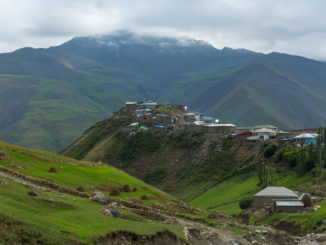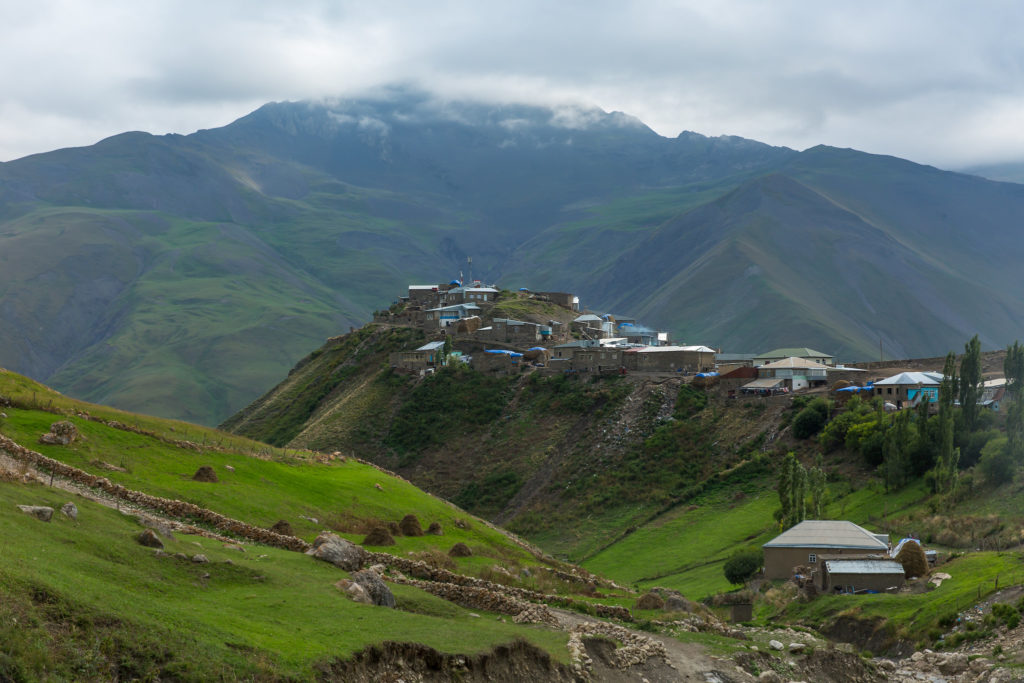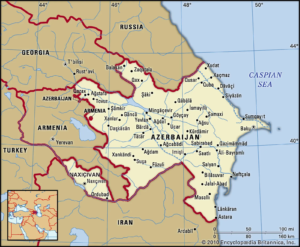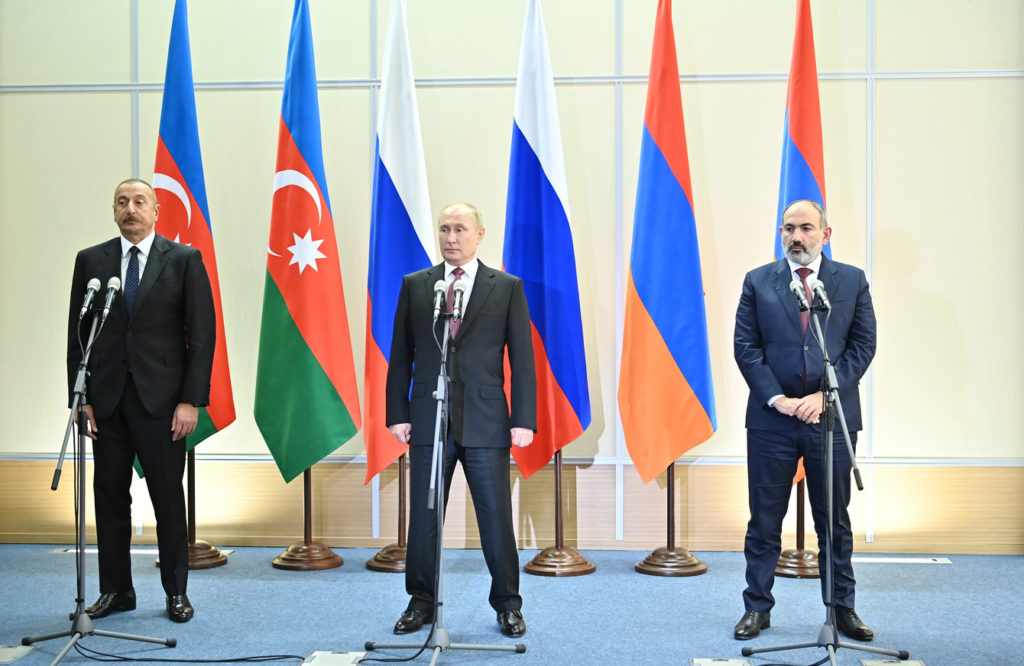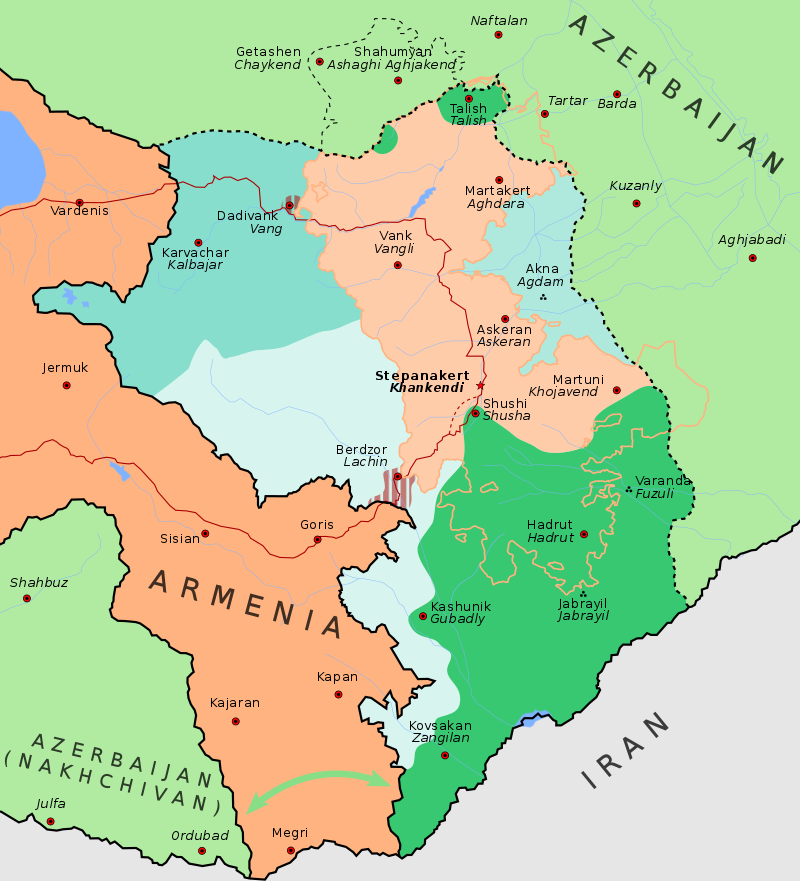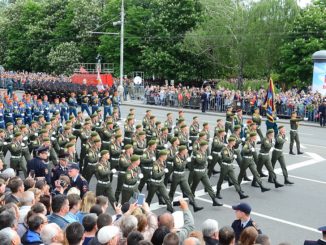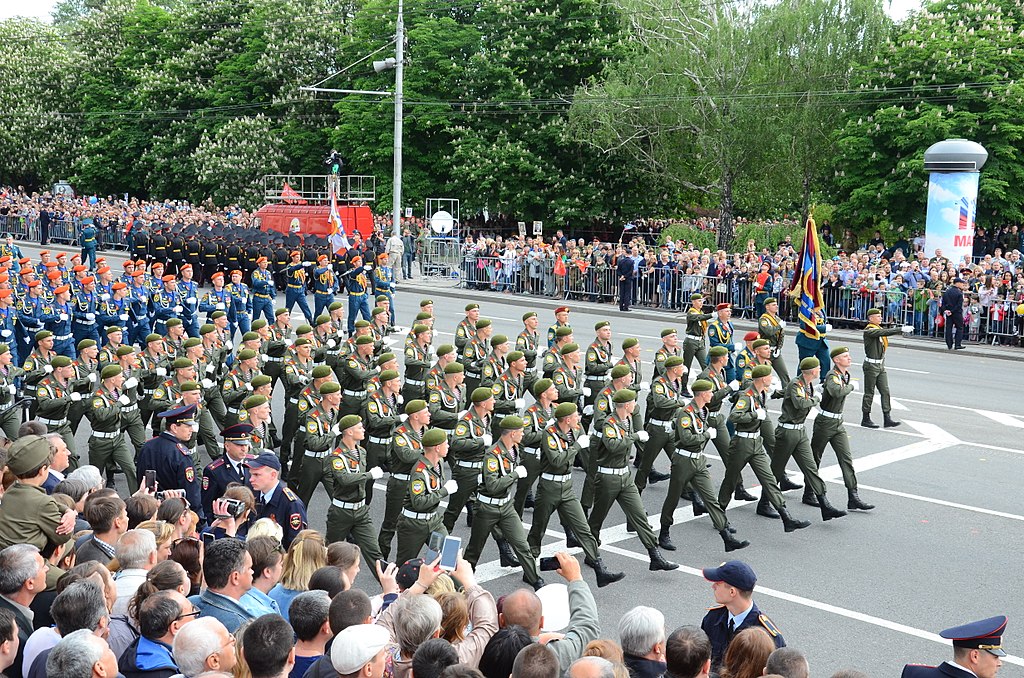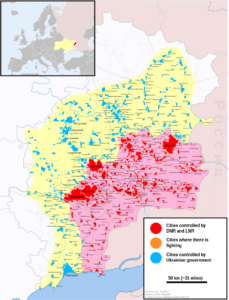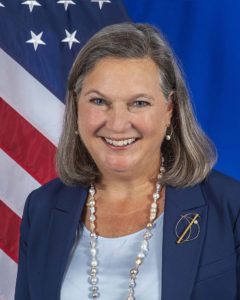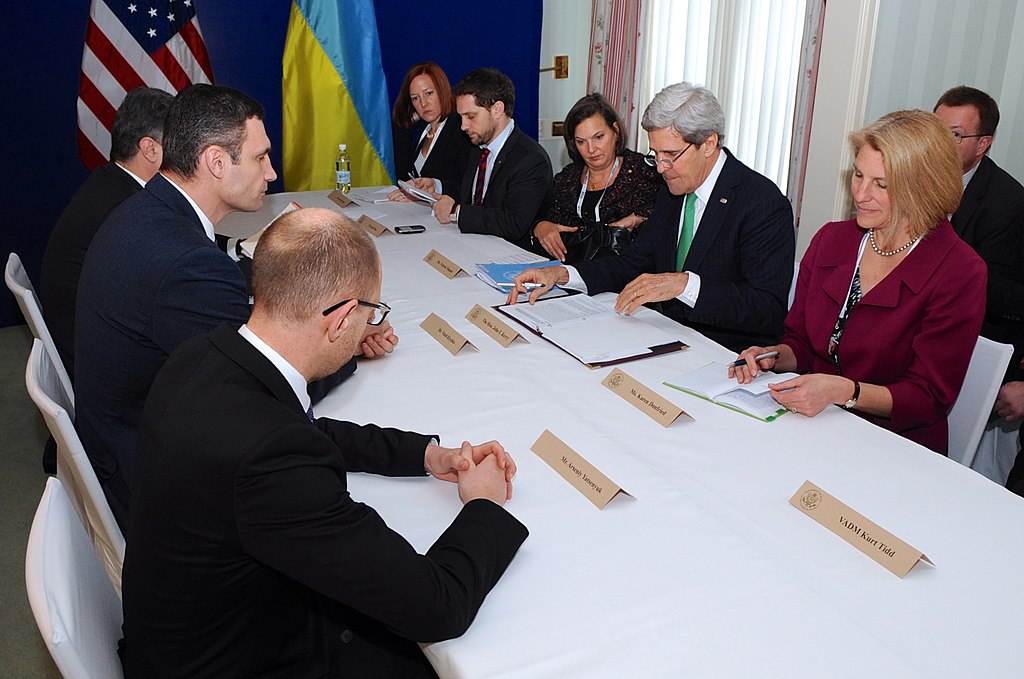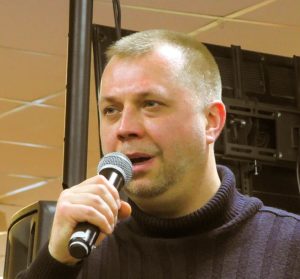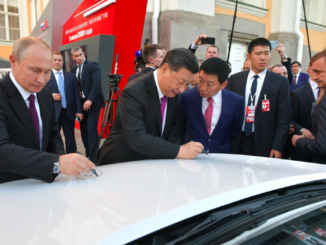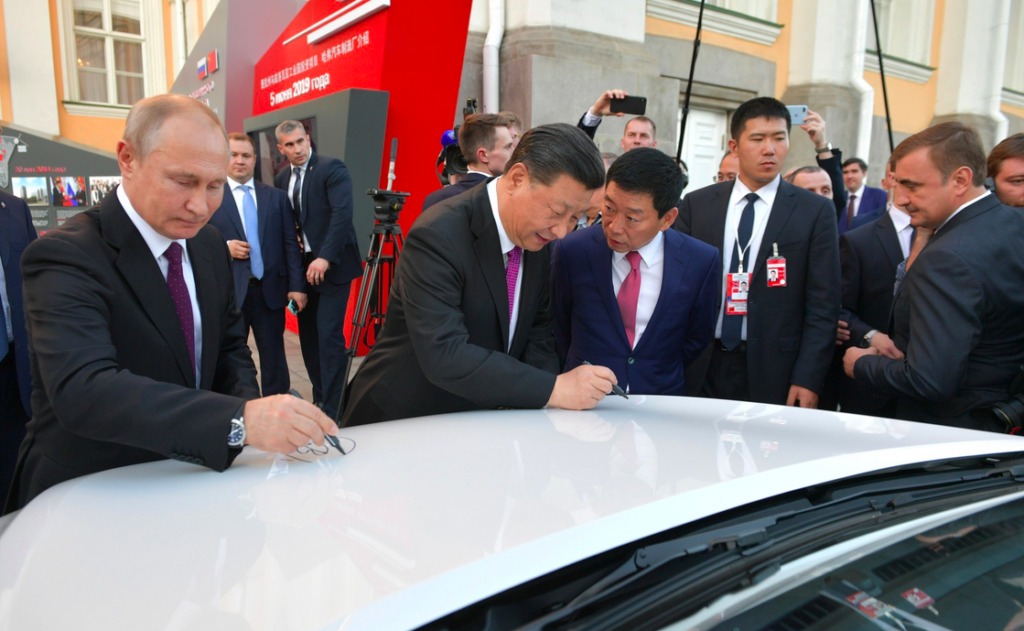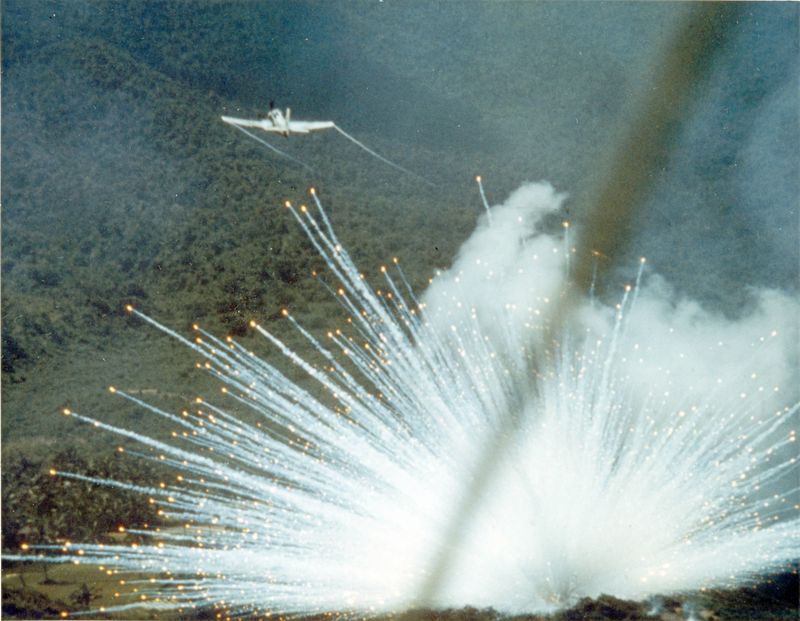
Editor’s Note: The following is the writer’s opinion.
“More of us took our own lives after returning home than died in the battle.” -statement of U.S. armed forces veterans on U.S. war on Vietnam
In the analysis of all exploitative systems, it is obvious to see how the exploited are harmed. This is where most attention has been focused, and understandably so.
Nevertheless, it is also important to examine and understand what happens to the exploiters at the other end of the process of exploitation.
The reason is, invariably, in any process of exploitation, exploiters are also harmed in ways that are serious and significant, even though they may be less visible and obvious immediately. This is partly the reason why this aspect of exploitation is less recognized. If there is a better understanding and a wider recognition of how exploiters suffer in the process of exploitation, new openings can emerge to convince the more powerful regarding the futility of prolonging exploitative relations and systems.
For the sake of brevity, here we speak mostly in terms of only two ends of exploitation systems—the exploiters and the exploited. But we also can speak of two ends of systems of dominance—the dominators and the dominated. Or the two ends of systems of conquest—the conqueror and the conquered.
One indication of what happens to the exploiter or the conqueror is available in some statements of the veterans of U.S. armed forces. One of these statements, which described the immense cruelties and killings, said, “We know what Post Traumatic Stress Disorder looks like, feels like and tastes like because the ghosts of over 2 million men, women and children still haunt our dreams. More of us took our own lives after returning home than died in battle.”
A detailed account followed the life of a pilot whose napalm bombing had led to the burning of a Vietnamese girl, Kim Phuc. After returning home, this pilot kept looking at the picture of Kim in flames. This girl was roughly the same age as his son. “He could almost smell the child’s burning flesh.” The veteran had nightmares of screaming children pointing accusing fingers toward him. There was a breakdown in his family. He turned to alcohol. “He drank to put the bombing out of his mind, and the drinking made him more obsessed.”(Reader’s Digest, November 1997).
This is by no means an isolated case. Breakdowns in close relationships, substance abuse, domestic violence, self-violence and suicide attempts have been found to be very high among soldiers who return home after fighting highly unjust wars. More commonly, anyone who performs unjust and exploitative actions over a period of time is likely to be able to continue this only by giving up on the sensitivity needed for care, compassion and love. Hence, this person’s ability to fulfill close relationships based on this declines steadily, as also his ability to experience those forms of happiness associated with real love, caring relationships and compassion.
At a wider level, a group or society which seeks to enrich itself by plundering and exploiting others has to spread value systems that make their members insensitive to the sufferings of others. But in the process of making them insensitive, the foundation also is prepared for breakdown of internal social relations (including with the closest people), internal violence, self-violence and falsehoods. This can be seen in exploiter and conqueror societies as well as at individual levels, in the hollow lives of those who lead aggressions.
To give one example of such impacts, the example of Christopher Columbus may be cited. The extreme cruelties driven by the endless greed of this explorer are well-known. What kind of personality this turned him into is best revealed by a reputed doctor, Sigmundo Feliz, who attended to him in his final years:
“To be without roots, without a sense of home and place is one of the most serious, though one of the least emphasized, psychological disorders. This patient suffered from this to an unusual degree… This patient appears from all evidence to be someone who found it difficult, even in non-threatening circumstances, to tell the truth, a habit of delusion that at times turned into self-delusion.”
At the level of entire societies, those which lead by aggression toward others, culminating in wars, are often engaged in spreading falsehoods and self-delusions, media and education systems being two commonly used channels. The big lies cooked up to justify aggression for plunder or domination get transferred also to almost equally big lies cooked up to justify internal exploitation by big business interests. Hence, people are exposed to serious health hazards by big business interests; in some cases the toll in the longer term may be higher than that of even destructive wars. Therefore, not just at the level of individuals but also at the level of entire societies, exploiters also suffer in serious ways.
The aggression and weaponization abroad is also reflected in internal violence. The United States, for example, experienced:
- 1.2 million recorded violent incidents in 2019 (366 per 100,000 people), according to FBI data;
- Over 10 million arrests this year (not counting traffic violations), which comes out to 3,011 arrests for every 100,000 people;
- The highest number of prisoners per capita in the world;
- Seven people dying a violent death every hour; and
- 19,100 homicides and 47,500 suicides in 2019.
According to official U.S. data, this year 12 million people seriously thought about suicide, while 3.5 million planned a suicide attempt and 1.4 million attempted suicide.
Among U.S. youth, suicide is the second highest cause of death. Plus, an unprecedented increasing trend of suicide attempts have been reported among U.S. youth during the last decade, and more pronounced among girls.
Some of this data points to a deep internal social crisis that can arise within an exploiter-and-conqueror society known for its invasion and aggression. Careful research is likely to reveal more links of aggression and internal distress. Such research should be used to convince more people about the futility of paths based on exploitation, dominance and conquest.
Bharat Dogra is Honorary Convener, Campaign to Save Earth Now. His recent books include Planet in Peril and Earth Beyond Boundaries.

